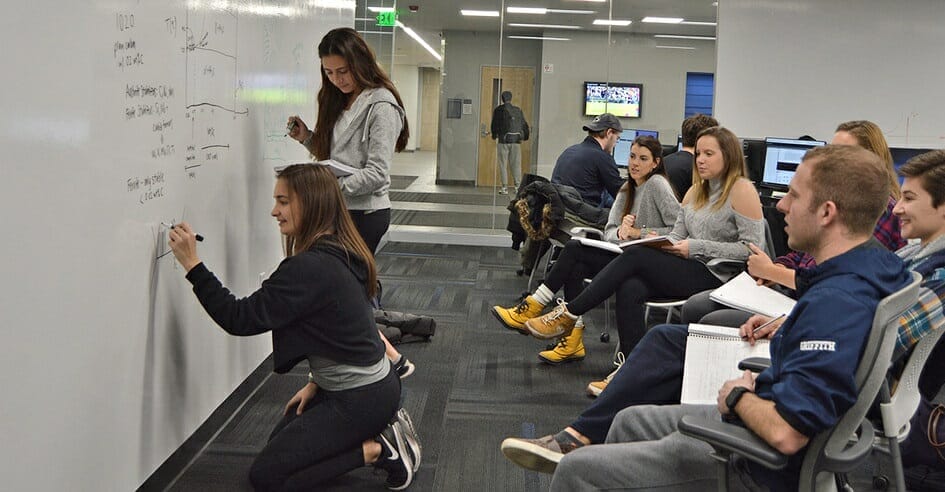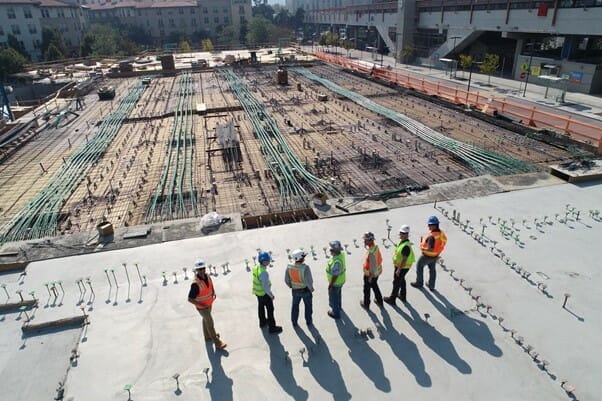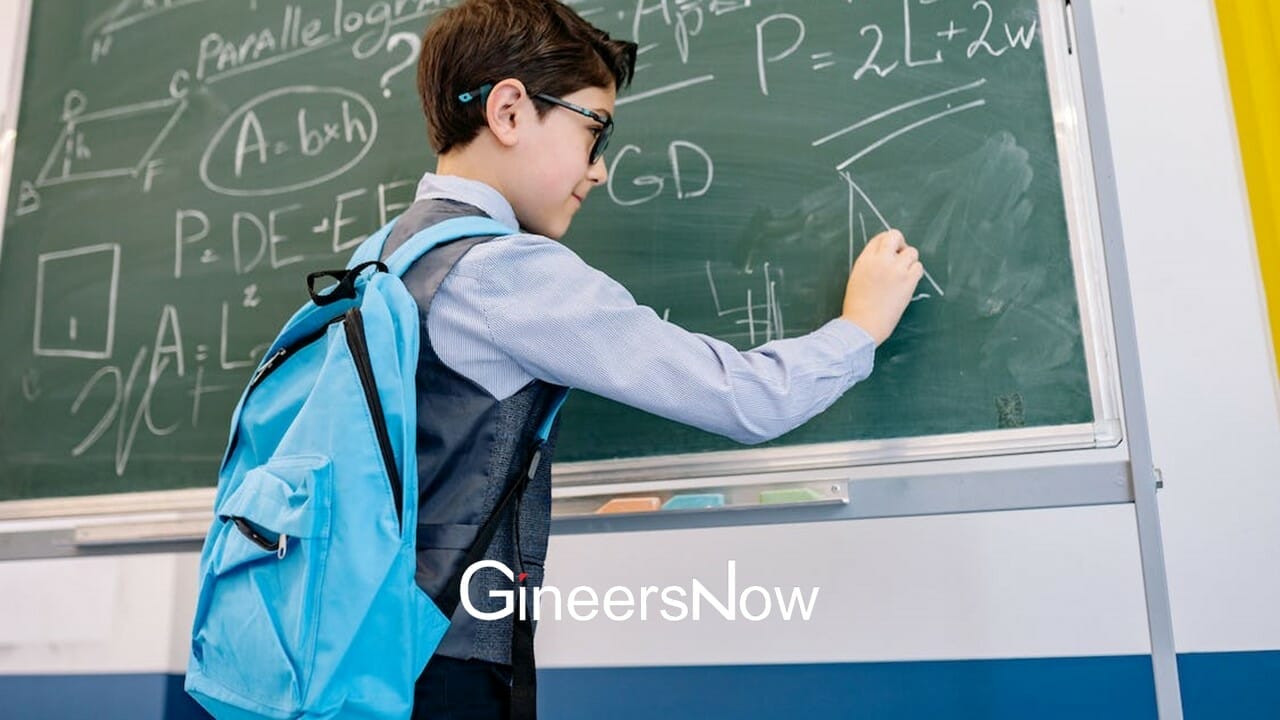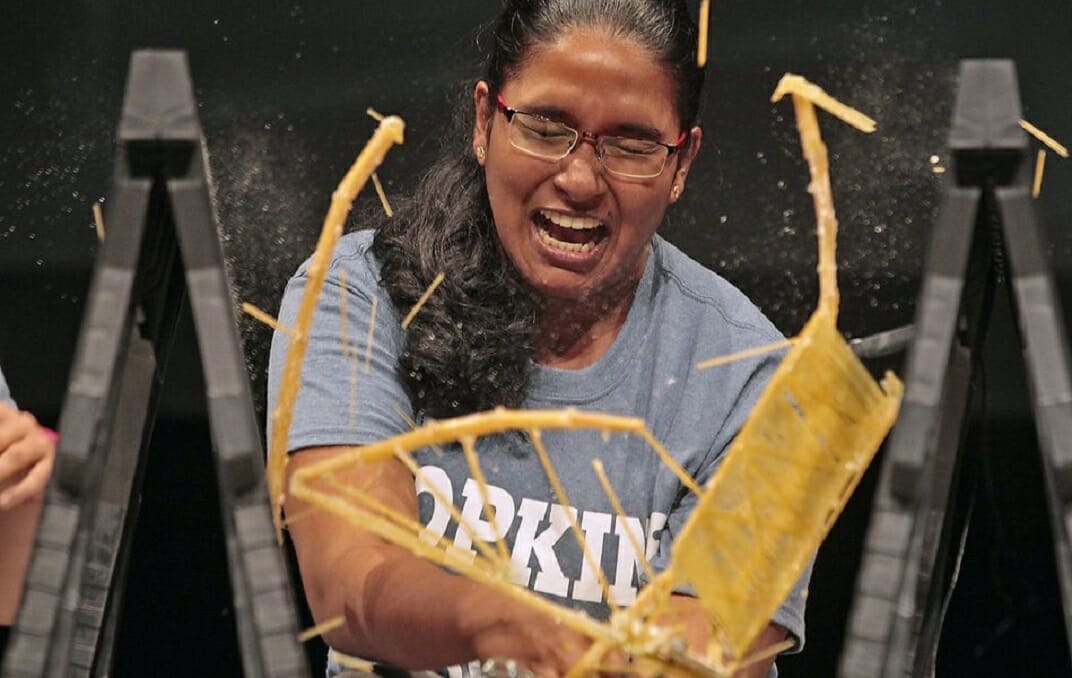Engineering Education
Engineering is one of the most profound as well as the oldest profession in history. The principles and work ethics in this field are sacrosanct prerequisites to being called an engineer.
The adequate teaching and studying of these principles and professional skills in a bid to respectively understand and apply them to produce technological innovations can be regarded as engineering education. Over the years, there have been substantial advances in engineering education which have caused more efficient engineering products.

In our society, awarding bachelor’s degree and master’s degree are common and acceptable benchmarks for classifying one’s educational feat. In cases where there are higher learning and specialization, such fellows are rewarded by a doctoral degree or professorship. These would take years of rigorous studying, research, and projects. In the US for instance, to obtain the basic bachelor’s degree takes 4 years.

As technological innovations advance, so does engineering education. In general, the following changes have gradually happened in engineering education.
- The goal of engineering: Engineering was once aimed at enhancing industrial production and maintaining mechanical parts. It gradually evolved into the discovery through rigorous researches and its application for economic advancement. Now, engineering is a creative tool of a socio-technical system that increases productivity as well as reduces the dangers that may come alongside these innovations.
- The responsibility of an engineer: It fundamentally was the application of scientific theories for inventions. It has been taken a step further now. An engineer is expected to expand technical accomplishments. He also should be a leader with a working knowledge on how to tackle problems that ravage society.
- Training of an engineer: Engineering education is primarily hinged on science, technology, engineering and mathematics (STEM). A student in the field you can be asked to do a essay mania in course. However, as an engineer, not only should an engineer be good in this subject, but he must also further be trained to master hand-on activities. The engineering education has now advanced so much so that skills such as critical thinking, leadership, problem-solving, communication, creativity, collaboration and so on are vital.

Some years ago, students would have to go through the hassle of checking through volumes of books to source for information. This is no longest the case now as virtually all information is at your fingertips once you are connected to the net. YouTube has also helped students to grasp concepts that once proved difficult to understand. The advent of the internet has greatly enhanced teaching practice and students’ learning methods.
Learning has also been enhanced through laboratory experiments. Laboratory experiments once involved the students religiously following laid down procedures and getting fixed results. Experiments are now changing. They are now becoming inquiry based. These experiments involve making observations, asking thought-provoking questions, critiquing and reviewing what is already known through experimental facts. This new technique has greatly added to the discoveries and technological advancement.

Holistically, there have been changes in the engineering curricula. The learning outcome of students is constantly improved by making sure that students can make link together concepts from various courses. This has helped to build a solid understanding of these concepts as well as improve their competence in both analyses of a task and design of a solution.
It is beyond doubt that there have been great advances in engineering education. The ripple effect of these advances is why there are now countless unbelievable technological innovations across the board.












